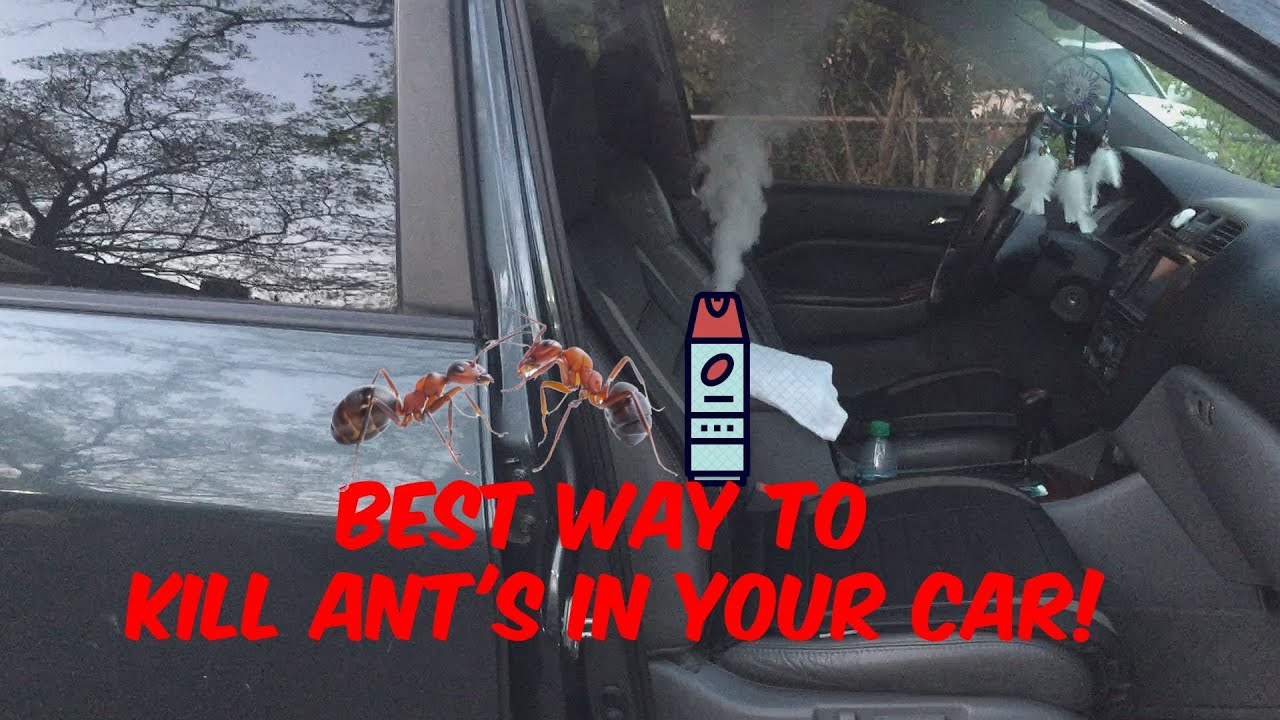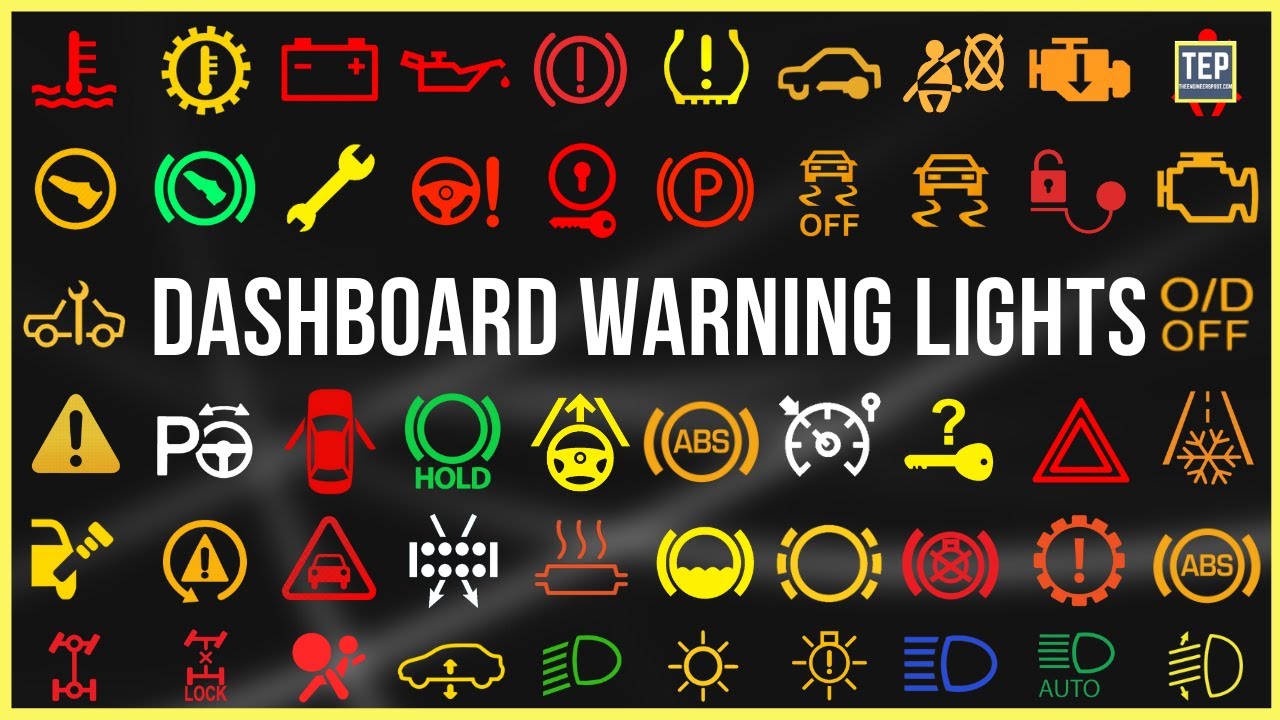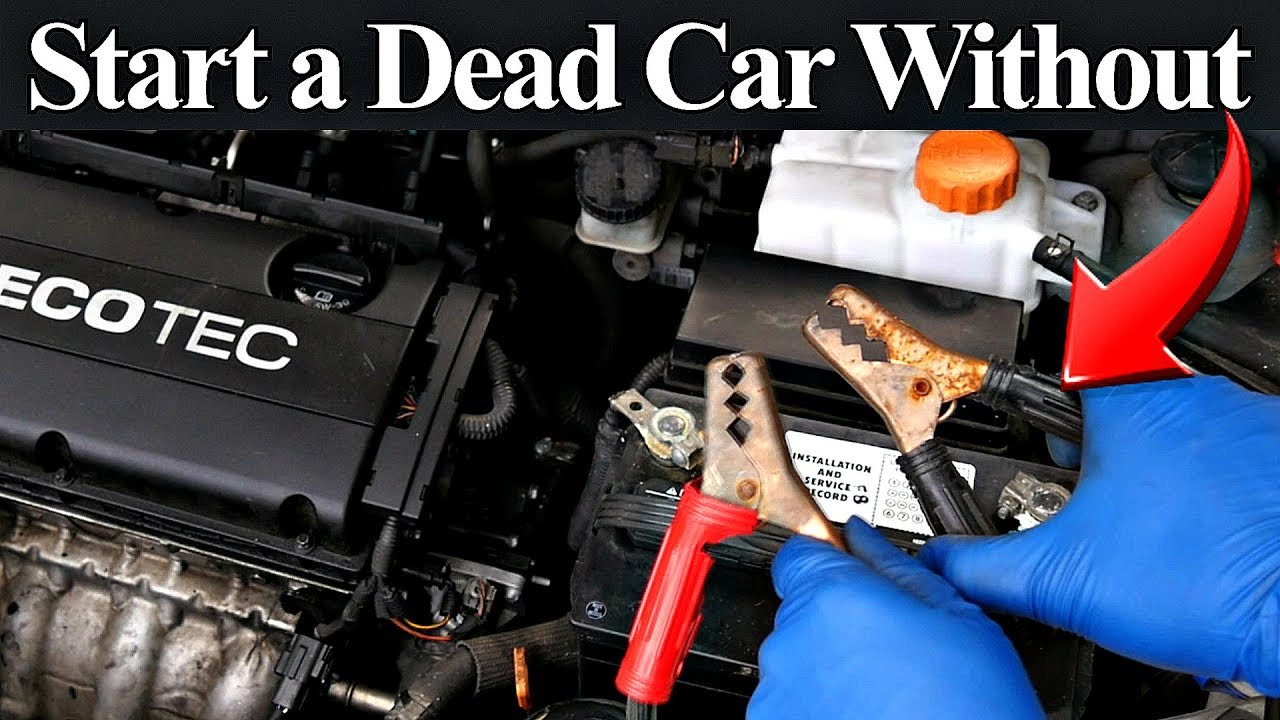Say goodbye to uninvited six-legged passengers in your car! Learn how to reclaim your ride from ants with our simple and effective strategies. It’s time to drive away from the ant parade and enjoy a pest-free journey every time you hit the road.
Why are there ants in my car?
Ants are attracted to your car primarily because of two things: food and moisture. Those forgotten crumbs, snack wrappers, or spilled beverages lurking in the crevices of your seats or floor mats act as a tempting feast for these tiny scavengers. They possess an extraordinary sense of smell and can detect even the tiniest food particles.
Additionally, ants seek out moisture, and your car might provide a source, be it from air conditioning condensation or a leak. Furthermore, the intricate maze of your car’s interior offers an ideal hiding spot and shelter for these curious critters. So, next time you spot ants in your car, remember that they are simply following their basic instincts in search of sustenance and comfortable refuge.
How to get rid of Ants in your car
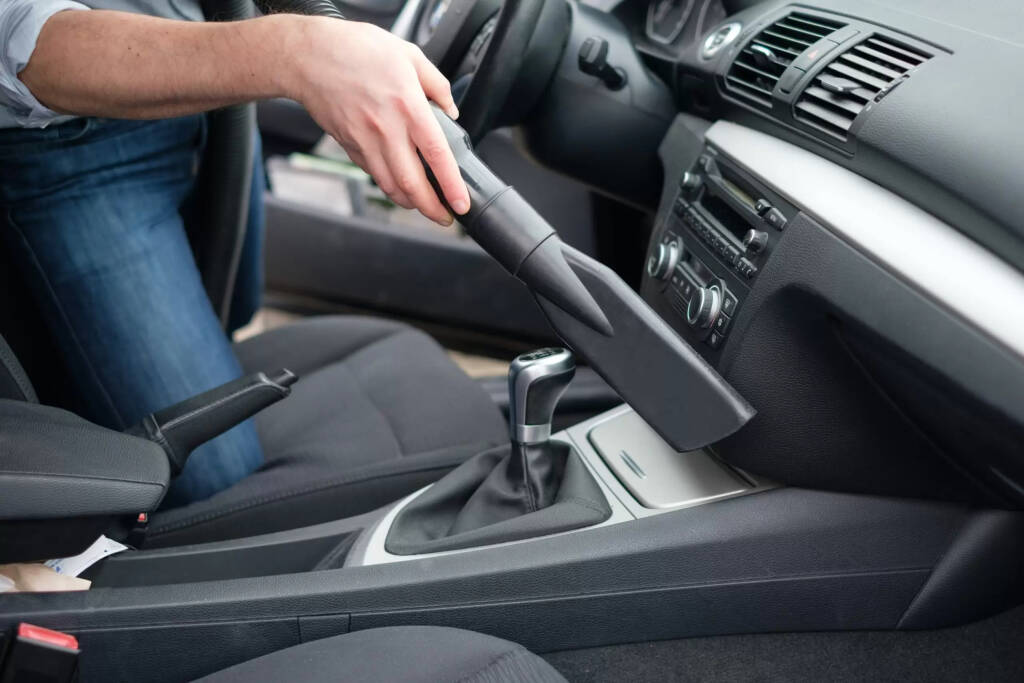
Here are six effective ways to bid farewell to those pesky ants in your car:
1. DIY Remedies
If you’re hesitant about using commercial ant-killing products in your car, you can start with at-home remedies to tackle the ant problem. One popular method involves using Dawn dish soap. Mix two cups of warm water, three tablespoons of salt, and three tablespoons of soap in a spray bottle. Spray this solution directly on the ants and their trails in your car. The combination of soap and salt helps suffocate and dehydrate the ants, making it an effective homemade ant killer.
Another natural deterrent for ants is citrus. Incorporate a citrus-based cleaner when cleaning your car to discourage ants from hanging around. Opt for cleaning products containing citrus extracts, or create your solution using water and fresh lemon or orange juice. The pleasant citrus scent acts as a natural ant repellent.
2. Deep Cleaning
A thorough deep cleaning of your car is crucial to eliminate ants. Start by vacuuming the interior, paying close attention to the seats, floor mats, and crevices where crumbs and debris can accumulate. Use an all-purpose cleaner to wipe down surfaces, including the dashboard, door panels, and storage compartments. By removing potential food sources and eliminating any traces of ant trails, you’ll disrupt their access and discourage them from returning.
3. Remove Food Sources
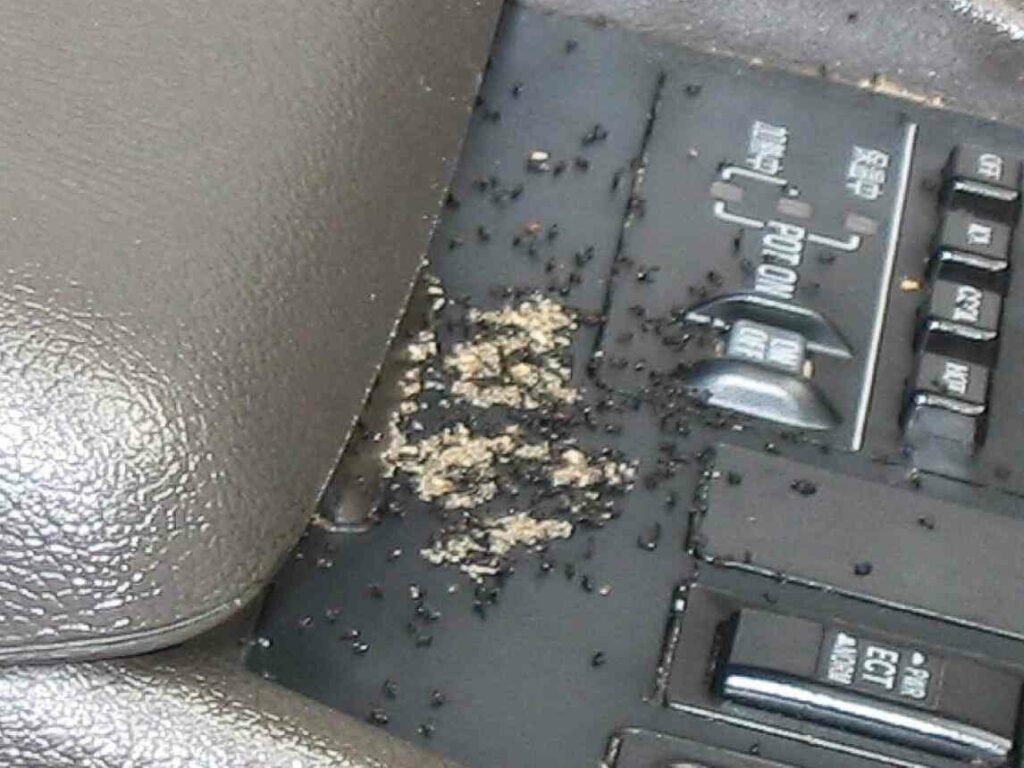
To prevent ants from being attracted to your car, remove all food items from inside. Check under seats, in storage pockets, and any other areas where snacks or crumbs may have been left behind. Ensure your car remains a food-free zone to reduce the chances of ant infestation.
4. Natural Repellents
Utilize natural repellents to deter ants from entering your car. Sprinkle cinnamon, black pepper, or even a few drops of essential oils with strong scents, such as peppermint, lemon, or tea tree oil, near entry points or areas where ants are frequently spotted. These scents are unpleasant to ants and will help to discourage their presence.
5. Ant Traps or Baits
Deploy ant traps or baits strategically within your car to target the ant population. Place them near ant trails, under seats, or in other areas where ants are active. The traps contain bait that attracts ants, which they then carry back to their colony, effectively eradicating the entire nest over time.
6. Professional Help
If the ant infestation persists or becomes overwhelming, it may be necessary to seek professional pest control services. A trained exterminator will assess the severity of the situation and apply appropriate treatments to eliminate the ants from your car. They can provide expert advice on prevention techniques to ensure a long-term solution.
How to prevent ants from coming into your car
Preventing ants from entering your car requires some proactive measures. Here are a few effective strategies to keep those tiny intruders at bay:
- Keep Your Car Clean: Regularly clean your car inside and out to remove any food debris or spills that may attract ants. Vacuum the interior, wipe down surfaces, and pay attention to hidden areas where crumbs can accumulate, such as seat crevices and storage compartments.
- Avoid Eating in Your Car: Eating in your car increases the chances of attracting ants. Whenever possible, try to enjoy your meals outside your vehicle to minimize the presence of food crumbs or leftover food.
- Seal Food Properly: If you need to transport food in your car, seal it in airtight containers or bags to prevent any odors or crumbs from escaping and attracting ants. Be cautious when disposing of food wrappers or packaging, ensuring they are in secure trash bags.
- Wipe Down Surfaces with Citrus: Use a citrus-based cleaner to wipe down surfaces in your car. Ants dislike the scent of citrus, and it acts as a natural deterrent. Alternatively, you can use a mixture of water and lemon or orange juice to achieve a similar effect.
- Regular Maintenance: Conduct regular maintenance checks to ensure no water leaks or sources of moisture in your car. Repair any damage that may lead to water accumulation, such as damaged door seals or window seals. Additionally, clean out the air conditioning system regularly to prevent condensation buildup.
- Park in Ant-Free Areas: Whenever possible, park your car in areas less prone to ant infestations. Avoid parking near ant hills or places where ants are visibly active, such as near trash bins or heavily vegetated areas.
FAQs
Are ants harmful to my car?
While ants themselves do not cause direct harm to your car, their presence can be quite bothersome. They can create a mess by leaving trails and feces or even damage certain materials by nesting in them. Additionally, their constant presence can be a nuisance and affect your driving experience.
How quickly can I get rid of ants in my car?
The time it takes to eliminate ants from your car depends on the severity of the infestation and the methods you employ. DIY remedies may take a few days to a couple of weeks to show significant results, while professional pest control services can provide faster and more thorough solutions.
Should I use insecticides or ant sprays in my car?
It is generally not recommended to use insecticides or ant sprays directly inside your car, as they can leave residues and potentially be harmful to you and your passengers. Instead, opt for DIY remedies or consult with a professional pest control service for safe and effective solutions.
Conclusion
Dealing with ants in your car can be a frustrating experience, but with the right approach, you can effectively get rid of them and prevent their return. By following simple preventive measures such as keeping your car clean, sealing food properly, using citrus-based cleaners, and addressing any sources of moisture, you can significantly reduce the likelihood of ants invading your vehicle.
If DIY remedies are not sufficient, consider seeking professional pest control services for more targeted solutions. Remember, maintaining a clean and hygienic car is key to enjoying a pest-free driving experience.
